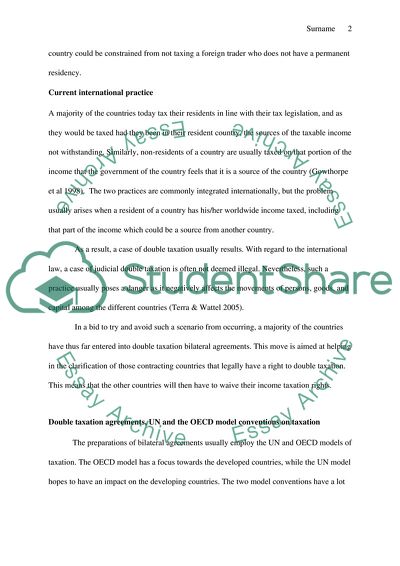Cite this document
(Taxation of International Companies Assignment Example | Topics and Well Written Essays - 2000 words, n.d.)
Taxation of International Companies Assignment Example | Topics and Well Written Essays - 2000 words. Retrieved from https://studentshare.org/law/1718310-international-business-law
Taxation of International Companies Assignment Example | Topics and Well Written Essays - 2000 words. Retrieved from https://studentshare.org/law/1718310-international-business-law
(Taxation of International Companies Assignment Example | Topics and Well Written Essays - 2000 Words)
Taxation of International Companies Assignment Example | Topics and Well Written Essays - 2000 Words. https://studentshare.org/law/1718310-international-business-law.
Taxation of International Companies Assignment Example | Topics and Well Written Essays - 2000 Words. https://studentshare.org/law/1718310-international-business-law.
“Taxation of International Companies Assignment Example | Topics and Well Written Essays - 2000 Words”. https://studentshare.org/law/1718310-international-business-law.


